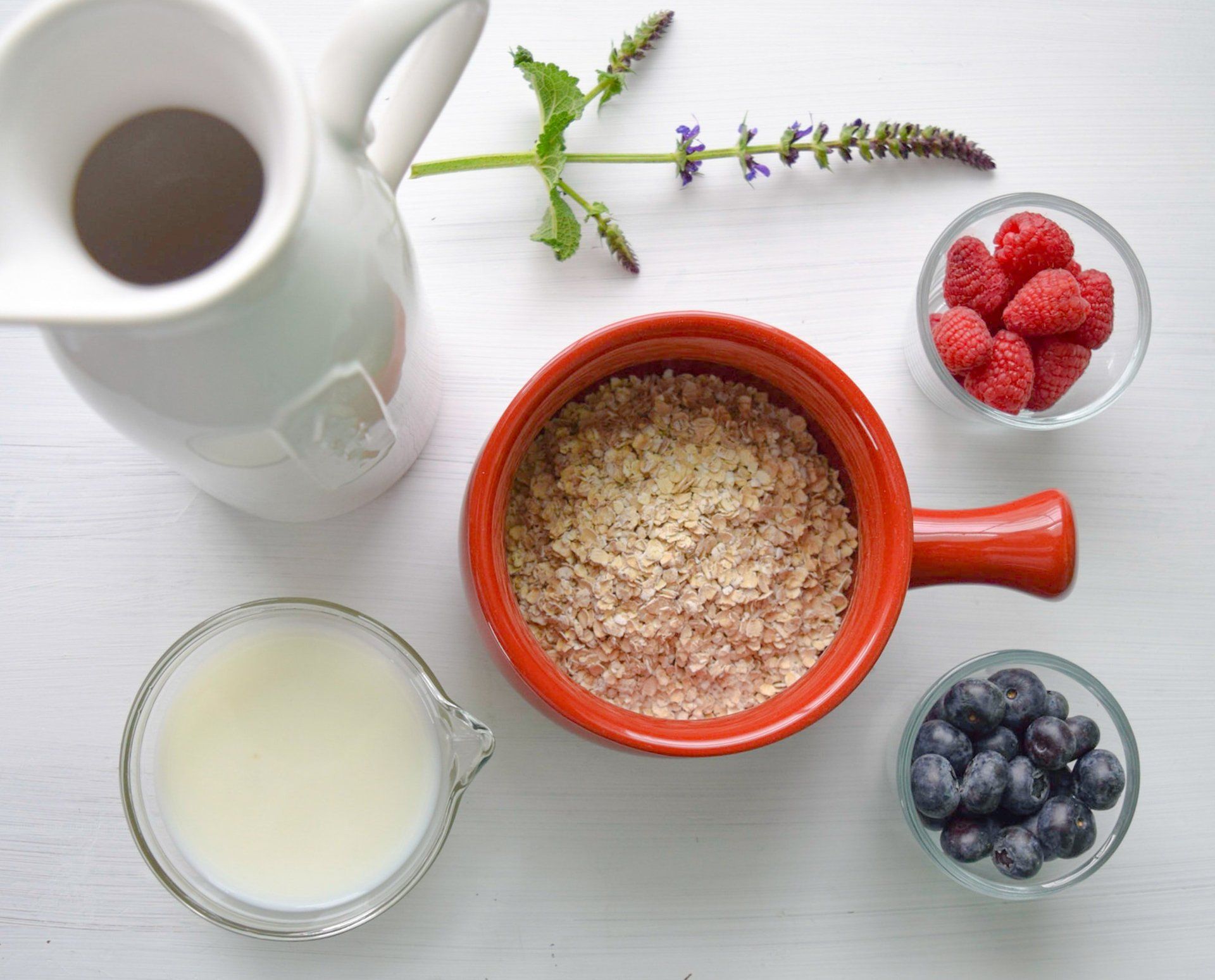Stressed Out? Here’s How to Relax Your Mind
Stress and worry clog up your mental processes. Nothing sticks and nothing good comes out, either. This causes even more stress, sometimes to the point where the mind seizes up and you can’t function or make the simplest of decisions!
It’s all too easy to have a runaway a mind or have it so full of thoughts that you feel like you’re herding cats! There are definitely days when it’s going a million miles a minute in all different directions. Those days make it nearly impossible to shut down the mental chatter or focus on anything. Stress and worry clog up your mental processes. Nothing sticks and nothing good comes out, either.
This causes even more stress, sometimes to the point where the mind seizes up and you can’t function or make the simplest of decisions! But you can learn how to clear your mind completely and get it under control again.
Learning how to relax your mind makes everything better. Here’s how to achieve a happy, relaxed mind:
1. Meditate
This is the #1, all-time best way to relax your mind. Whether you choose traditional meditation or use binaural beats , meditation helps relax the body and mind, clear the mental clutter, release feel-good substances into the system… and over time, meditation trains you to quiet your mind and stop the mental chatter.
The easiest way to meditate is to use brainwave entrainment. Simply put on your headphones, turn on your favorite Omharmonics track and relax. You can relax even quicker if you focus on the soundtrack instead of allowing your mind to keep racing. That’s all there is to it, really.
Focus on the music, and when your mind wanders, return your focus to the music. Your brain and body are relaxing with each passing minute, and gradually your mind will fall in line as well.
2. Yoga
As a form of moving meditation , yoga will relax your mind because when you’re concentrating on keeping your posture perfect in each asana, you can’t be stressing about your job.
3. Do something ‘mindless’ and repetitive
No, that does not mean watching reruns on TV. You can relax your mind by doing the dishes, folding laundry, raking leaves, going for a walk, bicycling, rowing, swimming, running, sweeping… anything that doesn’t require a lot of mental faculties and lulls you into a wonderful repetitive pattern. If there is a labyrinth nearby, go walk it (or create your own, if you have the space). If you can be out walking in nature, all the better!
4. Eat right
Avoid stimulants and foods that jazz you up. That means, cut back on coffee, sodas, SUGAR and artificial ingredients. Drink plenty of water, herbal tea, and eat fresh, whole foods instead of processed foods. Many people are allergic to food additives and don’t know it because the symptoms might not be obvious. However, the brain is just as affected by food as any other part of the body , so keep in mind, “garbage in, garbage out.”
5. Use aromatherapy
Lavender is a great soothing scent – use it as a bath oil or a scent around the house.
6. If you have pets, cuddle and play with them
Many studies have shown that petting a dog or cat lowers blood pressure and releases oxytocin, a substance released during breastfeeding and orgasm (its main function is to create an emotional bond).
7. Do something you love and allow yourself to become fully immersed in it
Time seems to stand still and no distracting thoughts intrude on your bliss. Use binaural beat sounds to relief your stress.
8. Doodle
Even if you can’t draw at all, doodle. Mindlessly scribbling shapes that may or may not mean anything will simultaneously relax and focus your mind. And who knows, you might just invent something or solve a pressing problem!
9. If it’s winter and you have a fireplace, go sit by it and stare into the flames
This is something humans have been doing since the dawn of man. It’s incredibly soothing – actually it’s a type of meditation (using a flame instead of breath focus).
10. Take a 10-minute power nap
Set a timer and don’t nap anyplace too comfortable that will leave you wanting to snooze longer. A power nap gives your brain a chance to shut down for a few minutes. It’s incredible how energizing and mind-relaxing a 10-minute power nap can be!
11. Choose your thoughts
This takes a lot of practice but when you have a thought that causes you to feel stressed out, you are under no obligation whatsoever to give it any attention. Just ignore it and force yourself to think about something else. Something. Anything.
If you give a thought your attention, it becomes important in your mind, and the mind likes to repeat important things. Ignore it and replace it with a thought that makes you happy… repeat that often enough, and your mind will automatically choose that happy thought instead because you deem it worthy of attention!
12. Visualize
Go on a mental vacation. Enlist your imagination and forcefully, whether it wants to or not, take your mind along. Imagine a scene that makes you feel happy and peaceful. Hold on to that image and hold on to the good feelings it gives you. Anytime your mind wants to go back to work, tell it, “no, we’re still on vacation” and go right back to that happy place.
13. Just say “later”
When a persistent thought keeps bugging and bugging you, first relax yourself by counting down from 10 and breathing deeply; then, imagine the problem that your mind is going on about, and tell yourself, “This is not the time to solve that problem. I will solve it later.” You can say that to yourself anytime, to stop that annoying monologue. Eventually it will stop, and the coolest part of this is, that by removing yourself mentally from the problem, a solution might spontaneously appear!
You don’t have to be a slave to a frantic, runaway mind. You can control it using these techniques and a daily meditation practice. You’ll get better and better at it as you practice until eventually, you’ll be able to keep your mind relaxed, happy and focused all the time.










